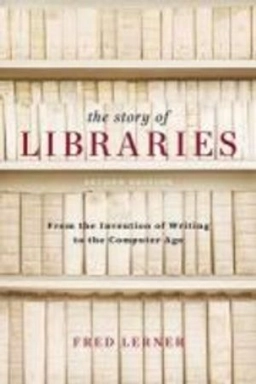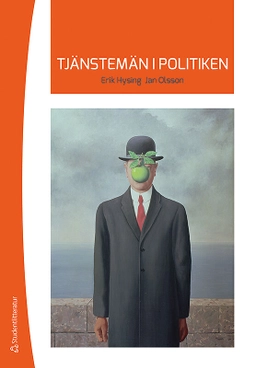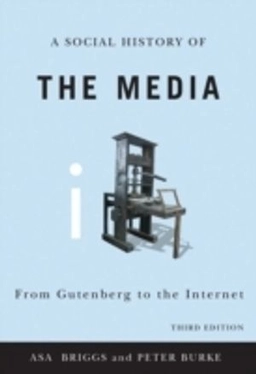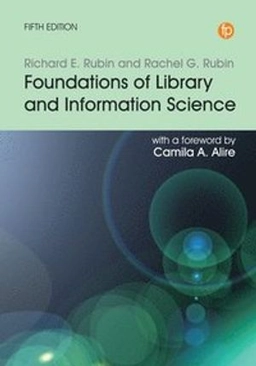Information is regarded as a distinguishing feature of our world. Where once economies were built on industry and conquest, we are now part of a global information economy. Pervasive media, expanding information occupations and the development of the internet convince many that living in an Information Society is the destiny of us all. Coping in an era of information flows, of virtual relationships and breakneck change poses challenges to one and all.
In Theories of the Information Society Frank Webster sets out to make sense of the information explosion, taking a sceptical look at what thinkers mean when they refer to the Information Society, and critically examining the major post-war approaches to informational development. The fourth edition of this classic study brings it up to date with new research and with social and technological changes – from the ‘Twitter Revolutions’ of North Africa, to financial crises that introduced the worst recession in a life time, to the emergence of social media and blogging – and reassesses the work of key theorists in the light of these changes.
More outspoken than in previous editions, Webster urges abandonment of Information Society scenarios, preferring analysis of the informatization of long-established relationships. This interdisciplinary book is essential reading for those trying to make sense of social and technological change in the post-war era. It addresses issues of central concern to students of sociology, politics, geography, communications, information science, cultural studies, computing and librarianship.
Åtkomstkoder och digitalt tilläggsmaterial garanteras inte med begagnade böcker





















